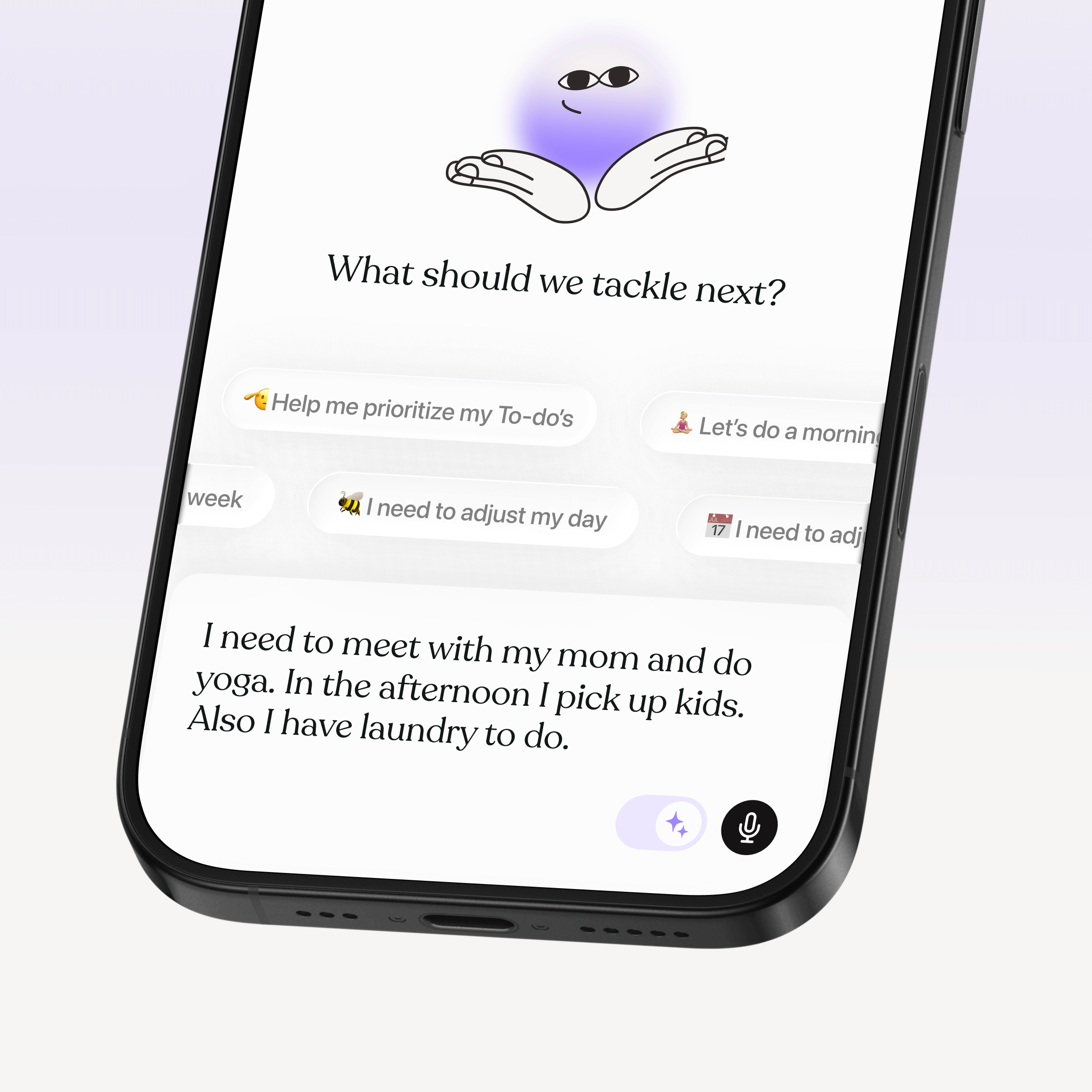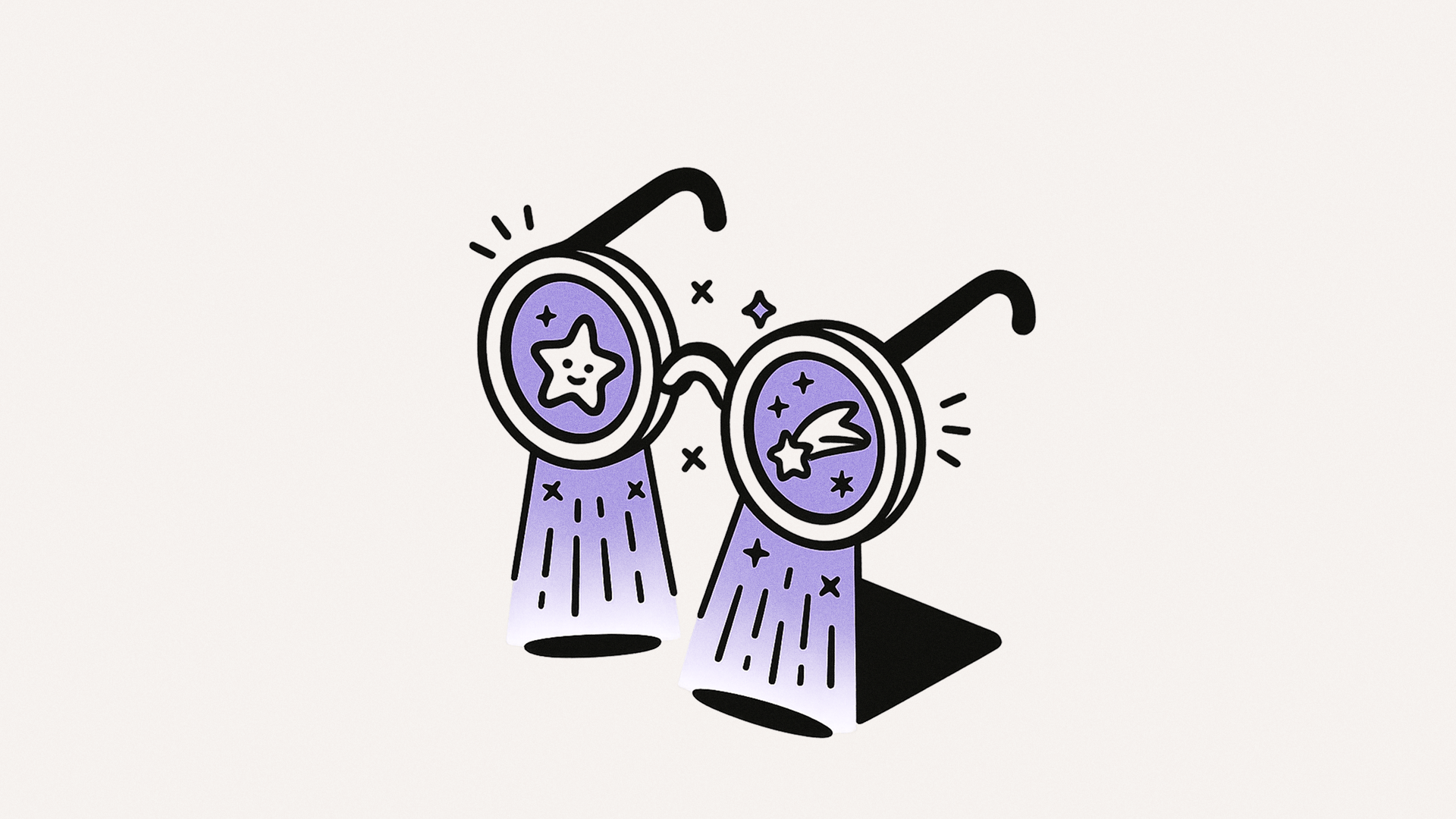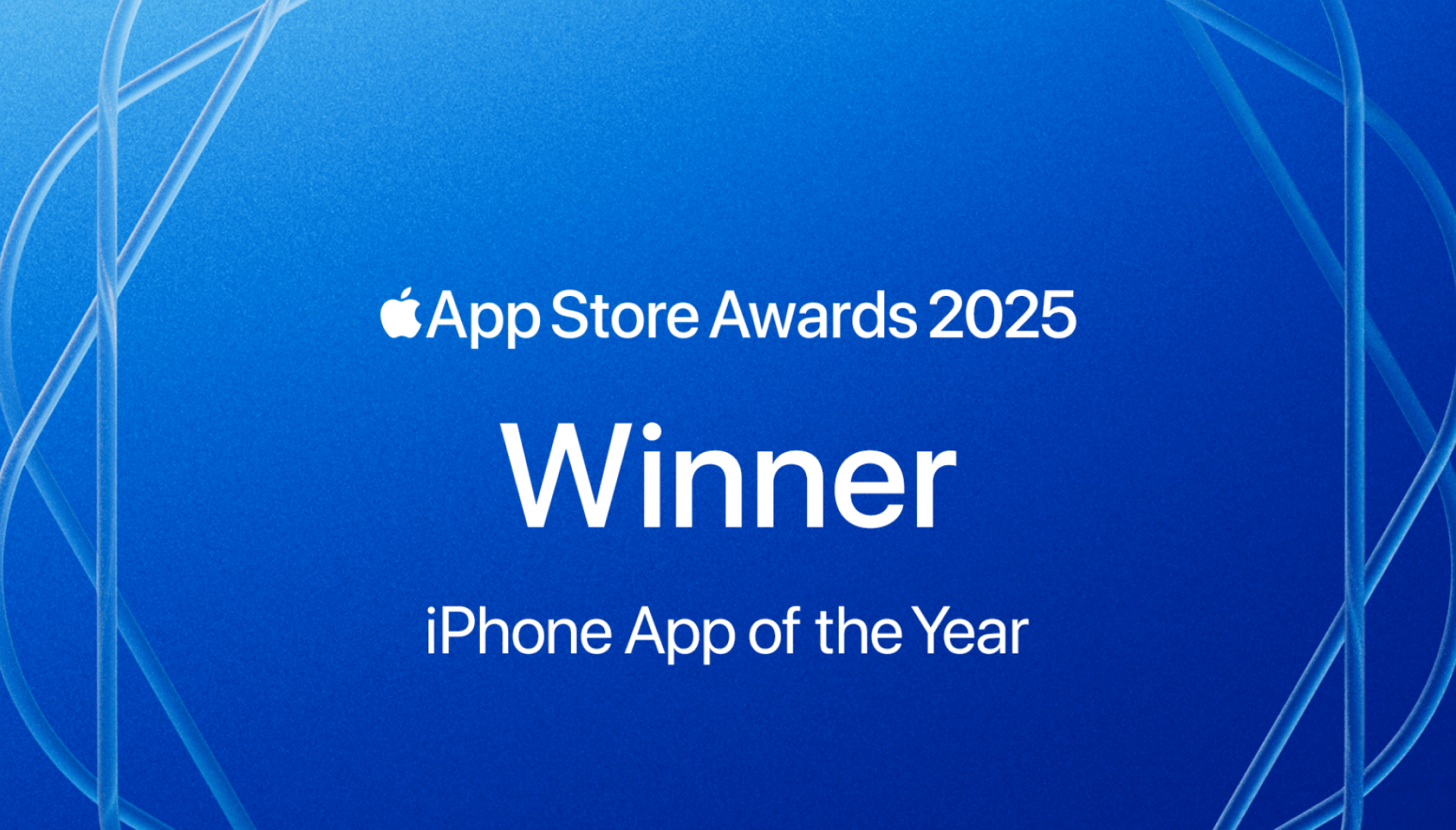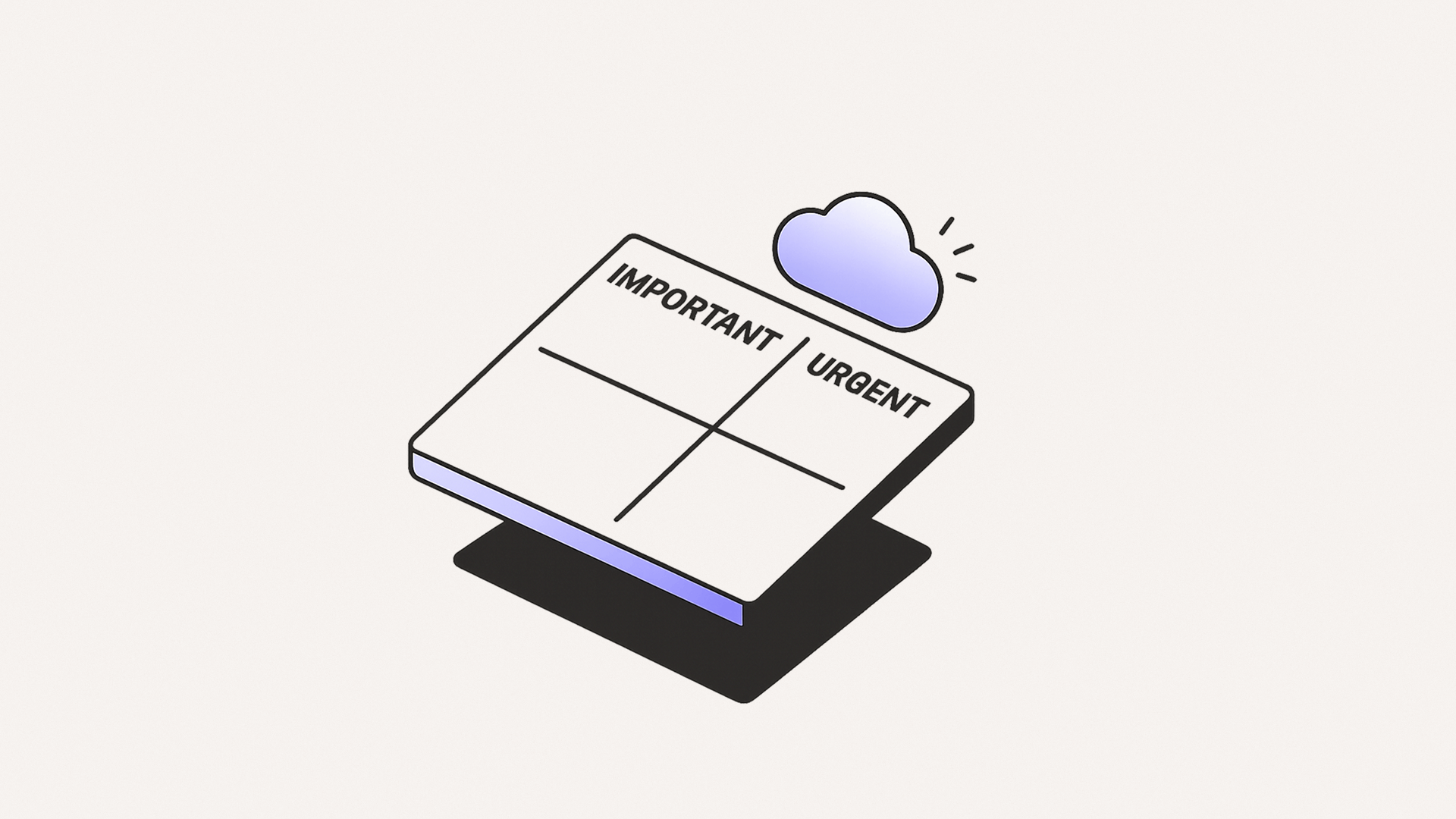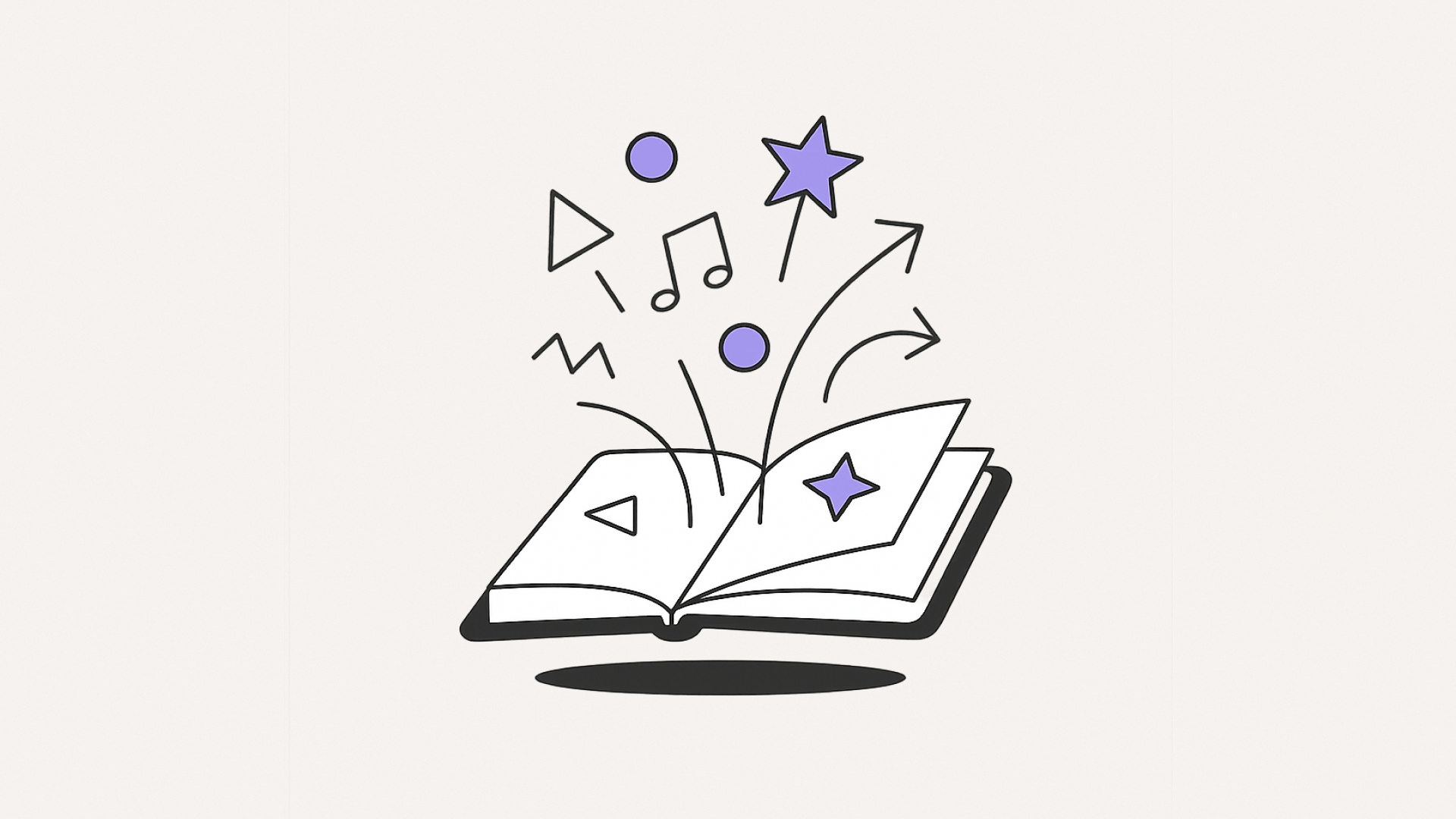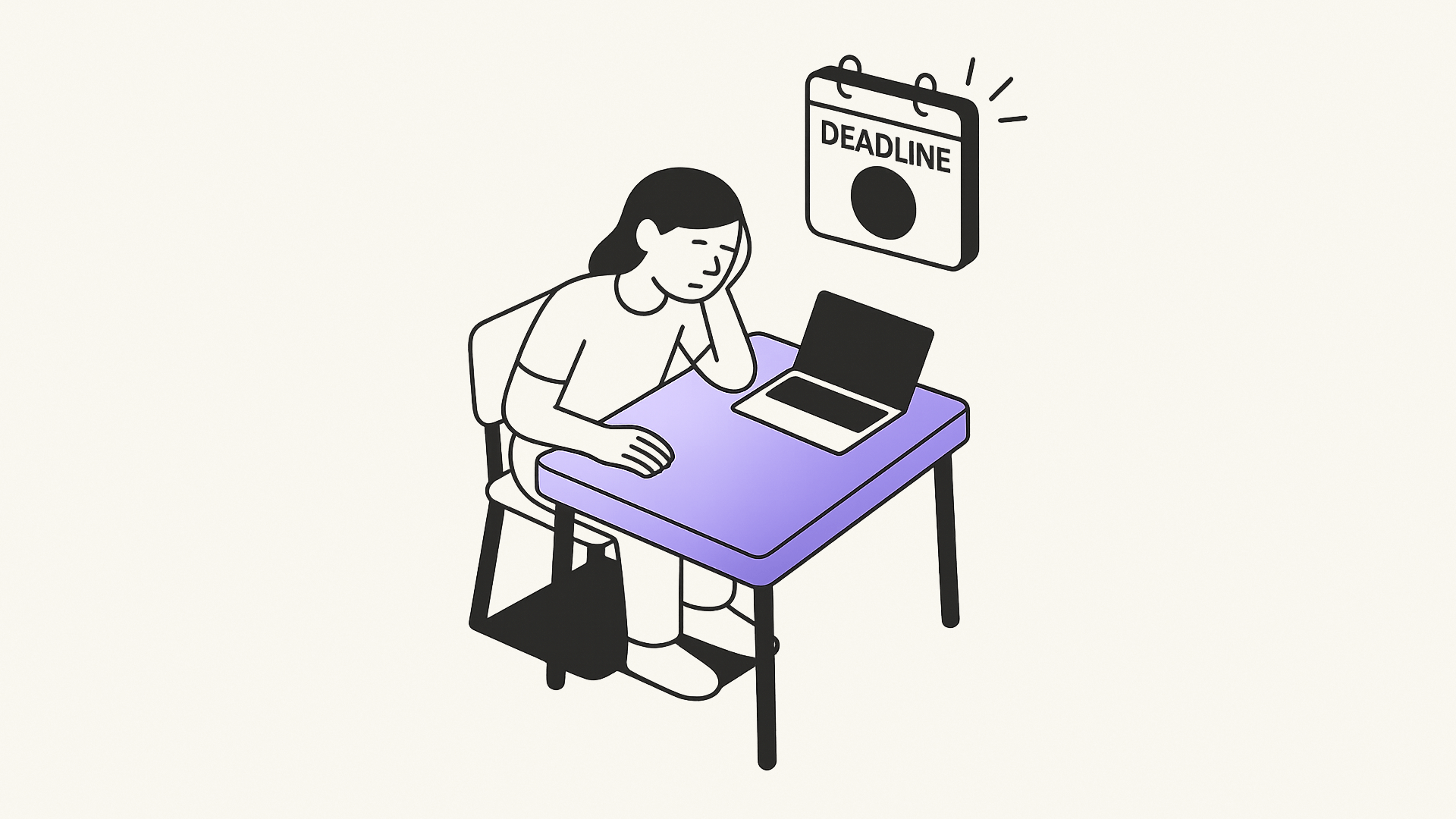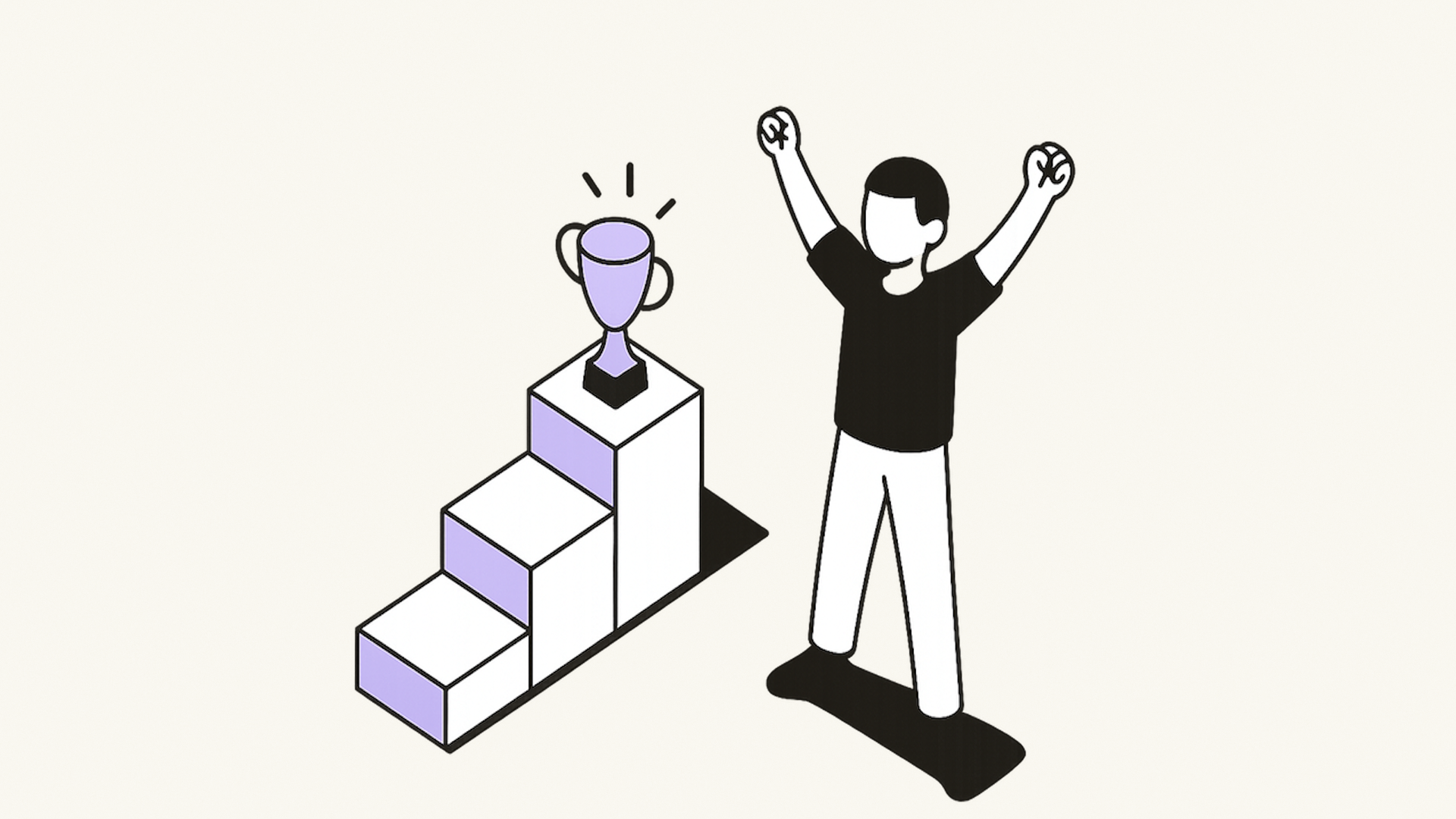
Avoid losing motivation and celebrate your wins
Losing motivation? You’re not alone. You start the day with good intentions… and then? You blink, and it’s 3 PM. You’ve been busy, but nothing’s finished. That motivation spark? Gone. This guide shares two simple review techniques: Winventory and Progress Check and one feel-good habit called Tiny Rewards. Together, they can help you build momentum, stay consistent, and actually feel proud of your progress.

Why AI is the next step in making planning more human
From its origins as a research project in Denmark to today's AI Co-Planner, Tiimo has always prioritized accessibility over efficiency. Here's how AI is helping us extend that philosophy to support users during their most challenging planning moments.

Designing routines for ADHD brains: Why structure has to bend, not break
Traditional routines often fail people with ADHD. They assume steady focus and easy transitions that rarely exist. This article explores how to design routines that are flexible, kind, and practical so they can truly support life with ADHD.

